Notorious Dundee murderer Robbie McIntosh will go before the parole board today, seven years after his brutal attack on Linda McDonald.
Friday’s hearing is the second time McIntosh will have been eligible for parole since he was convicted of attempted murder in 2018 after bludgeoning the Dundee gran in Templeton Woods.
He will go before the board two weeks to the day from when the panel decided to release Angus killer Tasmin Glass on parole after she had served only half her ten-year sentence.
In the aftermath of Glass’ release, Linda told The Courier the decision left her disgusted and fearful in the lead up to her own attacker’s hearing.
She said: “People are trying to reassure me that there is no way McIntosh will be granted parole but given the soft touch system being adopted these days how can I be sure?
“Yet again I have to prepare myself for a parole hearing and I honestly don’t know what the outcome will be.”
The current system retraumatises victims
Through The Courier’s A Voice for Victims campaign, we have been demanding reforms within the parole system in Scotland.
Those affected by violent crimes believe the current process retraumatises victims, with little transparency in the current setup.
One of the factors that plays into the re-traumatisation of victims is how often they are subjected to parole hearings and cases going before the panel.
In McIntosh’s case, if refused parole this time, he will go before the board again within the next two years.
Linda’s husband, Matt McDonald, wants to see changes in how often offenders go before the panel.
He said: “Even if they could categorise prisoners with the most violent and dangerous offenders like McIntosh the parole hearings don’t come round so often – maybe every five years or 10 years would make more sense – allowing victims time without having to face the constant anxiety and fear of release.”
The Courier revealed last week that the parole process in Scotland is currently under review amid the furore surrounding Glass’ release.
The parole board themselves highlighted the need for a review in their annual report released in April while raising possible governance issues.
‘We need action starting with full transparency’
First Minister John Swinney committed to looking at how the parole system treats victims after the case of Tasmin Glass was raised to him in Holyrood by Conservative MSP Liam Kerr.
Glass’ case was before the board three times in six months after the panel failed to come to a decision twice, citing a lack of information.
This left the family of her victim, Steven Donaldson, in a state of constant limbo.
Scottish Conservative justice spokesperson Russell Findlay, who was the victim of an acid attack in 2015, saw his attacker’s parole hearing pushed back earlier this month.
He told The Courier: “Scotland’s antiquated parole process is shrouded in secrecy and treats victims and surviving relatives as an afterthought at best.
“We need action starting with full transparency around parole decisions for victims and the wider public.”
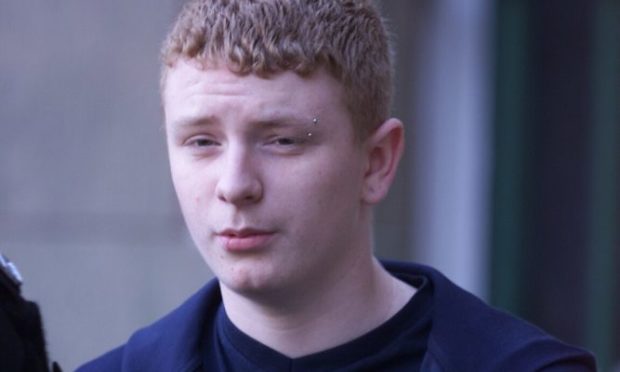
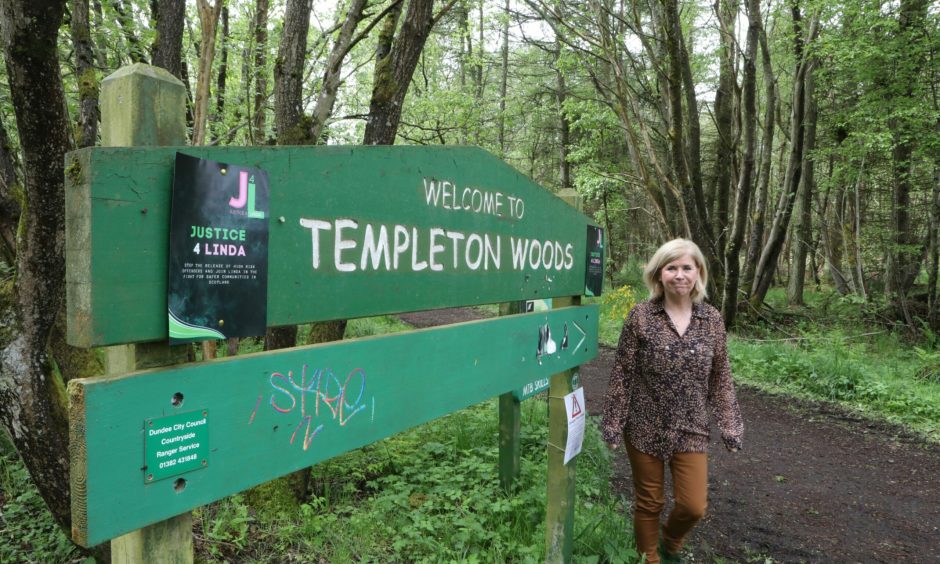
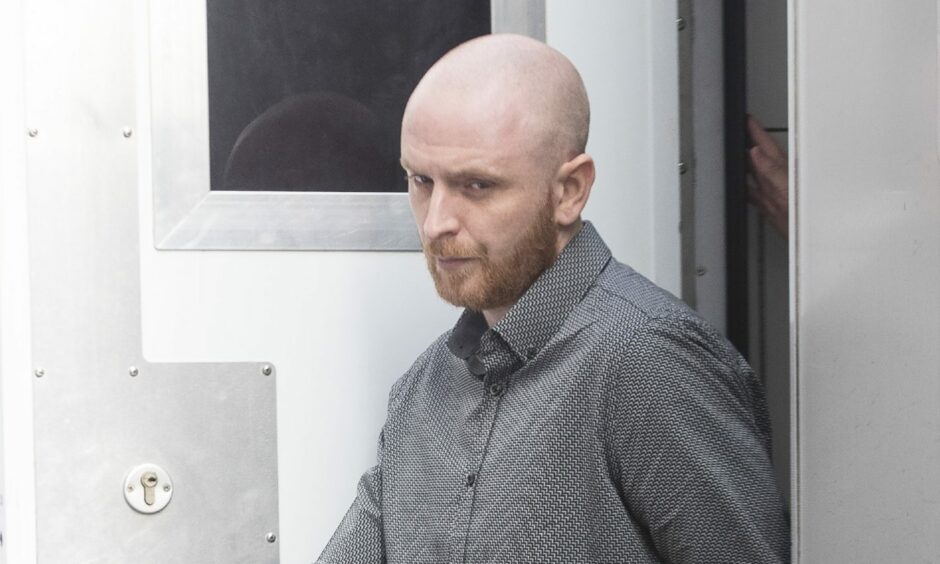
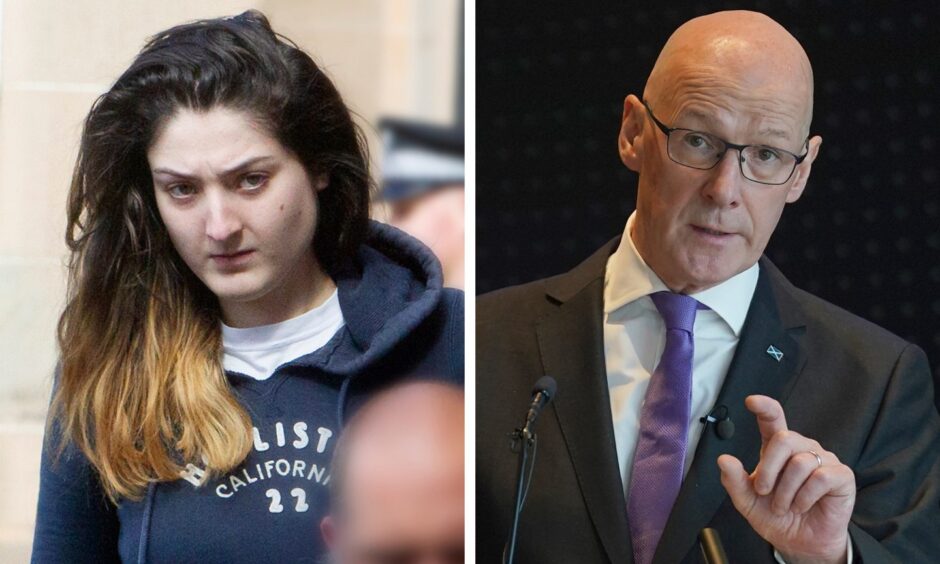
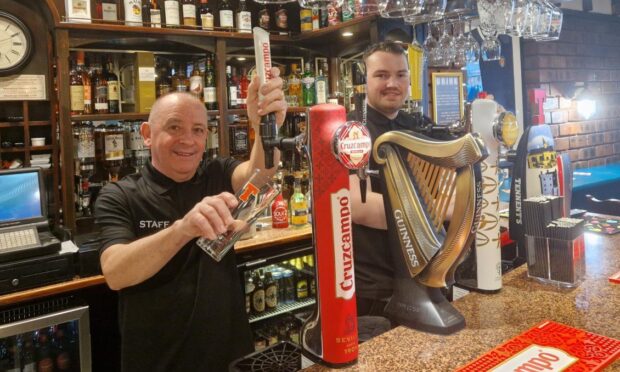









Conversation